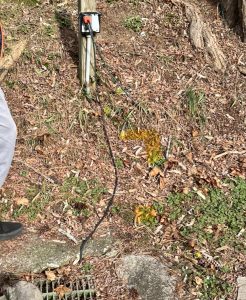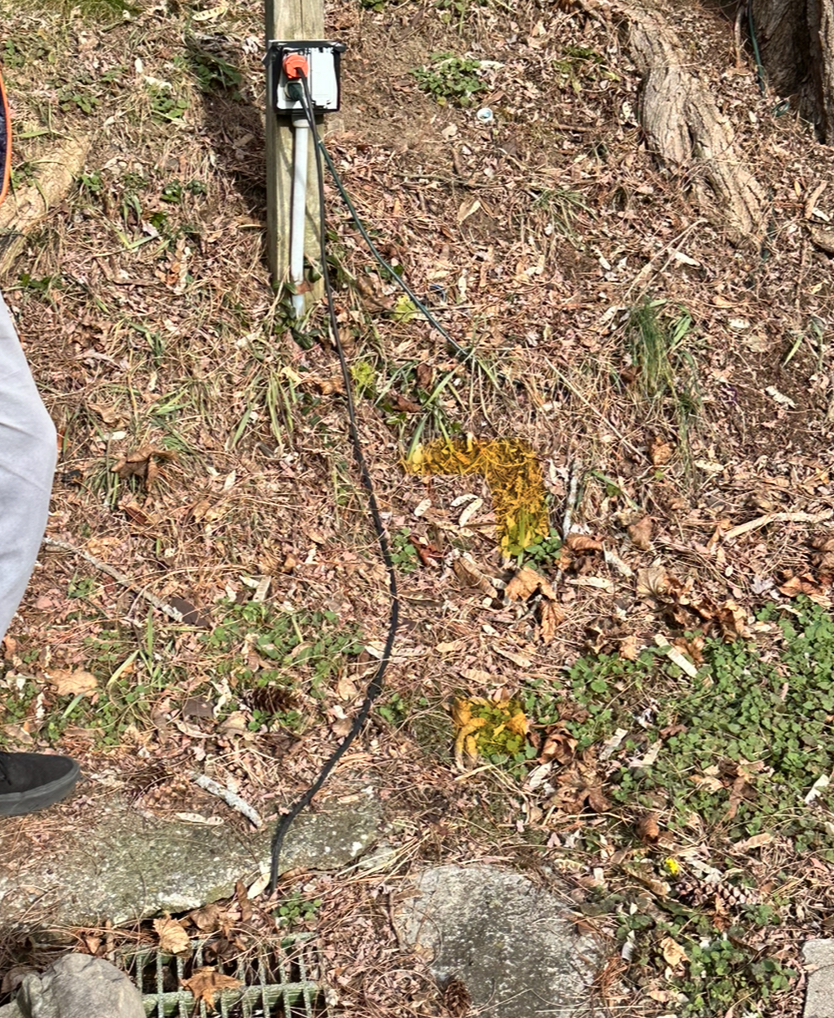Sellers have an extreme advantage in the current market due to the lack of competition. But even that has limits.
One a recent walkthrough of a home, a buyer client and I noticed a few things that a smart seller should consider. The home appeared to have been off market just under 3 weeks after an accepted offer was disclosed, then returned to active status. It appeared that a deal had fallen through. That will always make one curious.
 This was clearly being sold by someone who was into do it yourself projects on the property. There was ductwork for central air that was not utilized. There were split units on many walls, part of an extensive system that was hard to piece together for us. A separate flue had been added to the heating system that was unused. There were drainage grates on one side of the house with electrical wires going down into the drain itself. The basement workshop appeared to be an active one, with pipes, hoses, and registers and systems that appeared to be connected to the split units. Outside, electric cables were run alongside the house, partially enclosed with downspouts.
This was clearly being sold by someone who was into do it yourself projects on the property. There was ductwork for central air that was not utilized. There were split units on many walls, part of an extensive system that was hard to piece together for us. A separate flue had been added to the heating system that was unused. There were drainage grates on one side of the house with electrical wires going down into the drain itself. The basement workshop appeared to be an active one, with pipes, hoses, and registers and systems that appeared to be connected to the split units. Outside, electric cables were run alongside the house, partially enclosed with downspouts.
I could go on, but you get the picture.
My failure to recognize a particular setup (or, in this case, half a dozen setups) doesn’t mean it is not kosher, not properly done, or not up to code. But in putting the pieces together, evidence of an offer going south after inspection, dormant duct systems, other systems that were hard to follow, and a very aggressive price for the type of home, it seemed at the very least that whatever this homeowner saved over the years in the upkeep and stewardship of the home was more than lost, to the tune of tens of thousands of dollars, in market value.
Saving money in the short run has always been a catch-22 in real estate in the long run. People who hide income to save on taxes learn that they can’t qualify for a mortgage on a house they could otherwise afford. Home improvements completed without permits to keep assessed value down end up having to legalize those improvements at great expense, sell for below potential market value, or both. And do it yourself afficionados sometimes realize that they should have hired a professional.
I don’t know the full picture on this particular listing, nor does it look like I ever will, but the point remains that doing it yourself is very good for some facets of life smaller in scope than housing. But for the largest asset that most people will ever own, DIY should be approached with significant caution.

 Facebook
Facebook
 X
X
 Pinterest
Pinterest
 Copy Link
Copy Link


